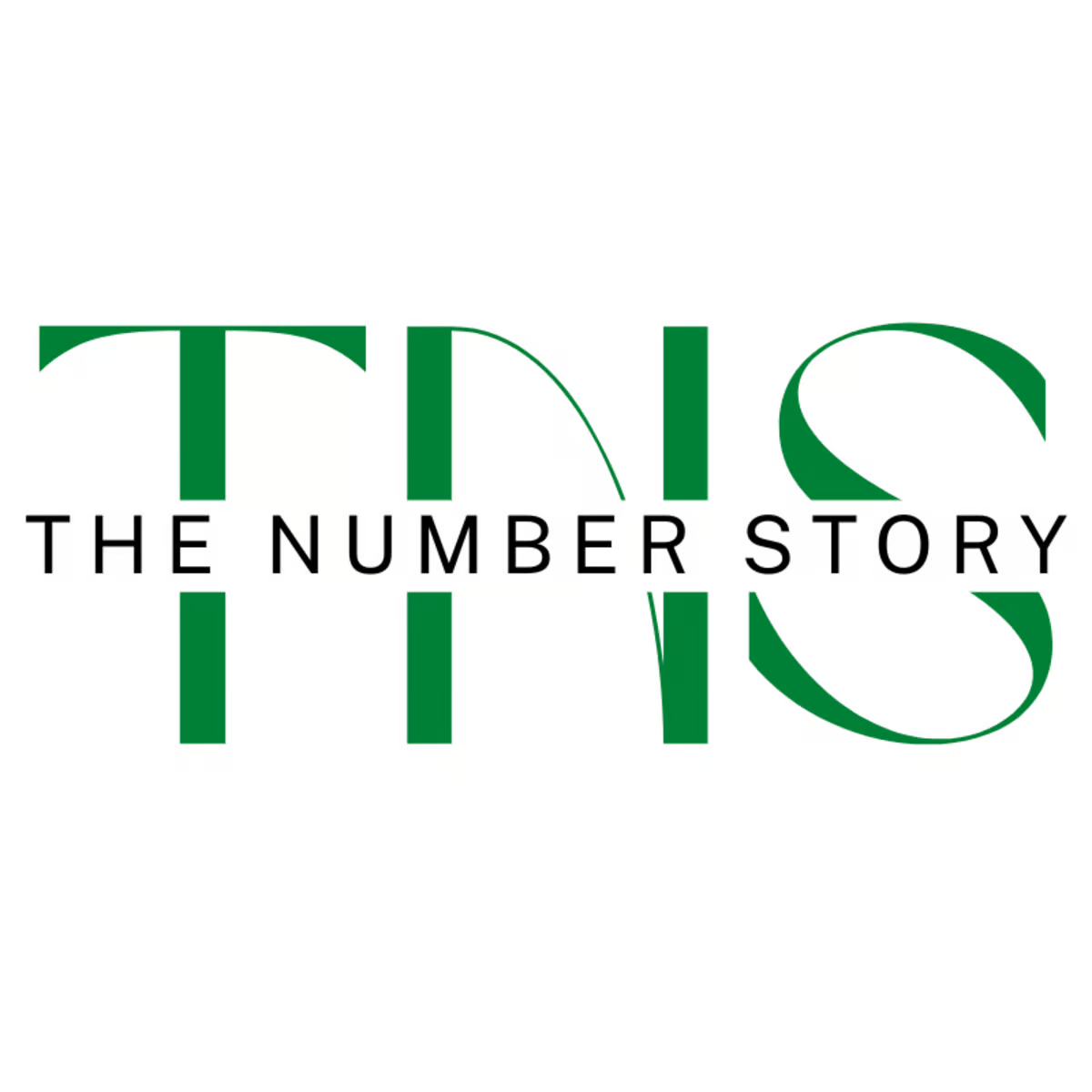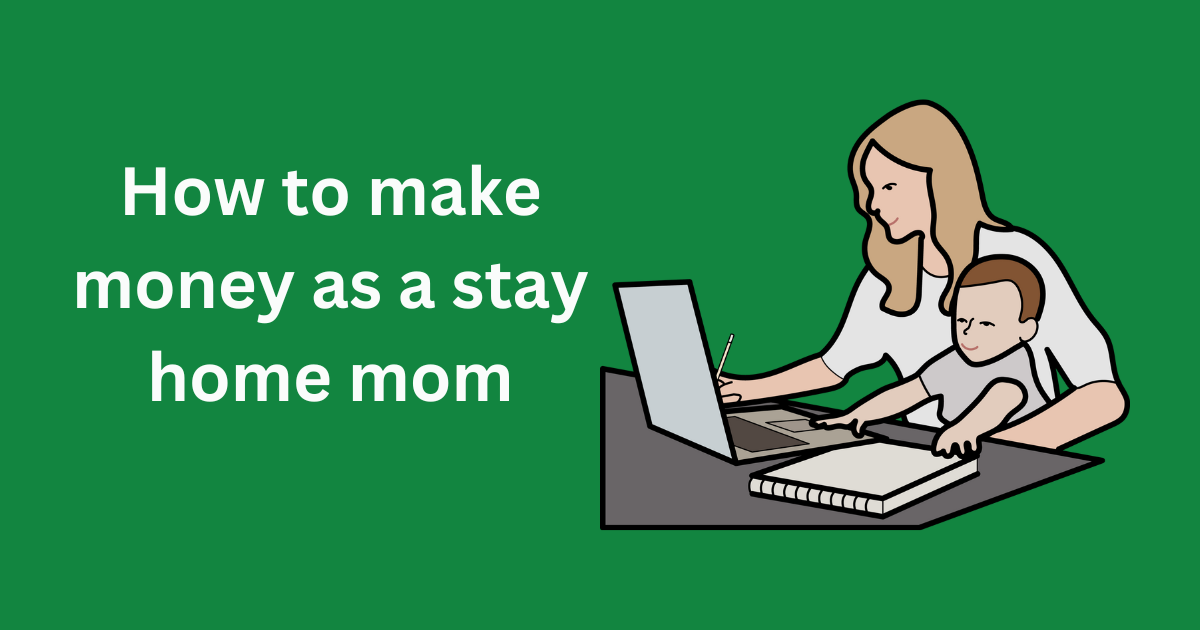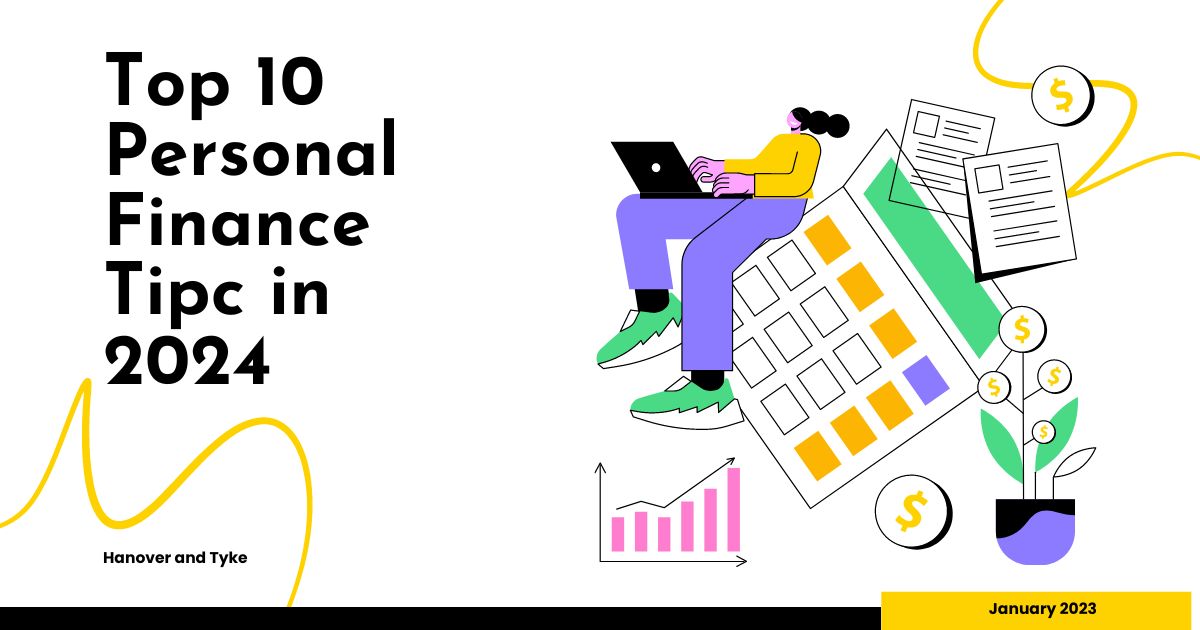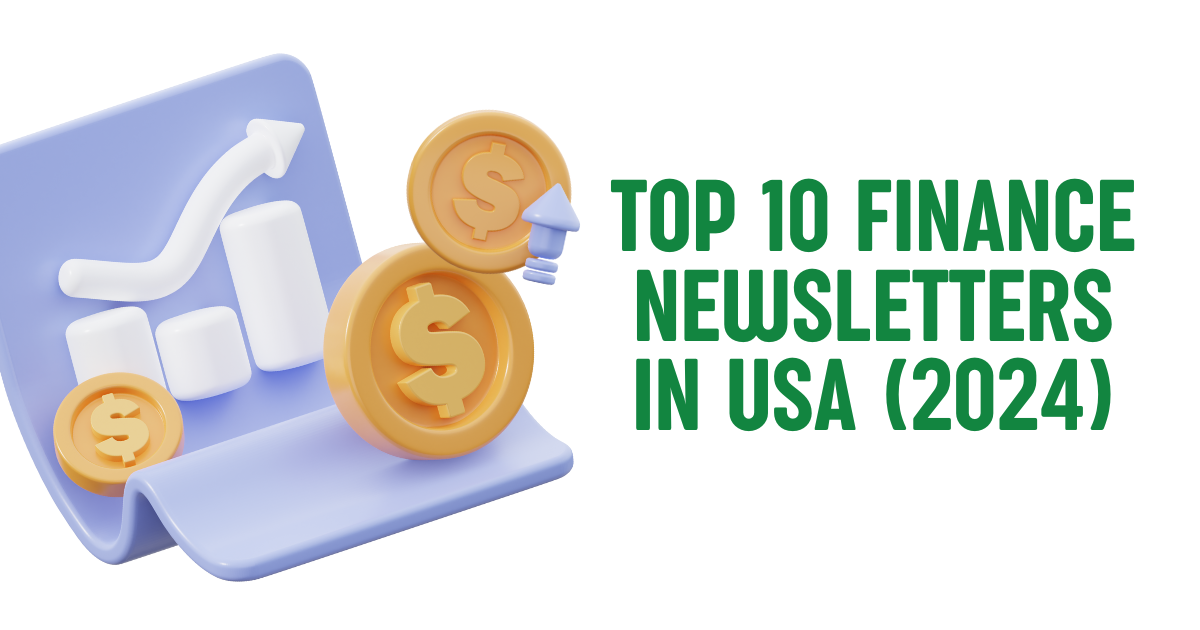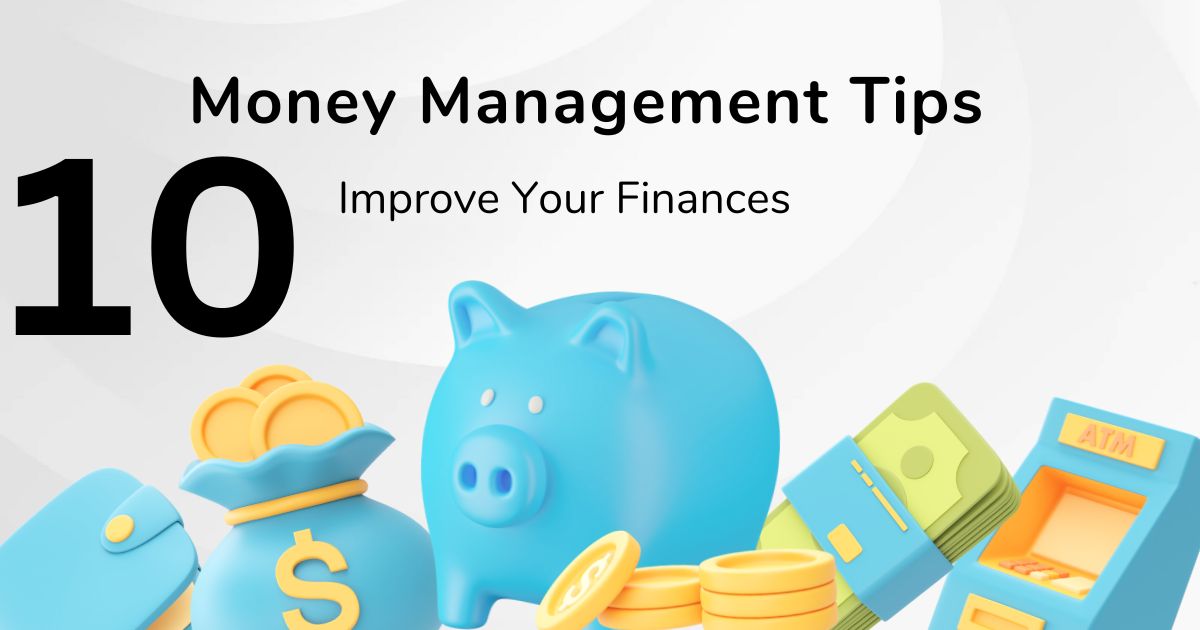
Get started now. Your savings can increase more if you are younger.Just thirty states in the union required a personal finance course, and twenty-five states required an economics course, for high school graduation in 2024. Young adults still lack the necessary knowledge to apply for credit, manage their money, and avoid debt.
Top Financial Tips for Young Adults
1. Pay With Cash, Not Credit

Be patient and disciplined when it comes to your money. You will avoid using a credit card and pay with cash or a debit card, which takes money out of your checking account, if you wait and save money for what you need.
Also Read : How to Retire 10 Years Early
When you can’t afford to pay off the entire balance each month, a credit card becomes an interest-bearing loan. You can improve your credit score by using credit cards, but only in dire circumstances.
2. Educate Yourself
Take responsibility for your financial future by reading a few basic personal finance books. When you are well-informed, nobody can derail you—not your partner who pushes you to spend money or your friends who organise lavish get-aways and events you cannot afford. Do your homework on experts such as accountants, mortgage lenders, and financial planners before hiring them.
3. Learn To Budget
After reading a few books on personal finance, you will comprehend these two guidelines. Keep an eye on where your money is going and never allow your expenses to exceed your income. Budgeting and making a personal spending plan to keep track of the money coming in and going out are the best ways to accomplish this.
Like your pricey morning coffee, keeping track of your spending can serve as a helpful wake-up call. You have the power to make small adjustments to your daily spending that can have an effect on your financial status. One way to save money over time and put yourself in a position to invest in a home sooner rather than later is to keep monthly expenses, such as rent, as low as possible.
4. Start an Emergency Fund
Pay yourself first is a personal finance mantra that refers to setting aside money for future needs and emergencies. This easy habit improves your quality of sleep at night and keeps you out of financial trouble. Even those with the tightest budgets should contribute to an emergency fund on a monthly basis.
Also Read : 5 Fast Ways to Turbocharge Your Retirement Savings
Savings will become a necessary monthly expense once you make it your habit to save money instead of seeing it as an optional expense. Compound interest is available on a variety of accounts, including money market accounts, short-term certificates of deposit (CDs), and high-yield savings accounts.
5. Save for Retirement Now
Make retirement plans now, regardless of your age. When you begin saving in your 20s, you will benefit from compound interest, which allows you to earn interest on both the principal you deposit and the interest you accrue over time. Eventually, you will have enough money to retire.
Retirement plans offered by the company are a wise decision. In addition to contributing pretax money, many employers will match a portion of it, giving you additional free cash. Individual retirement accounts (IRAs) and 401(k)s typically have higher contribution caps, but both are a step closer to financial stability.
6. Monitor Your Taxes

Make sure your starting salary after taxes fits your savings objectives and financial needs before accepting an offer from a company. Many online calculators, like PaycheckCity.com, allow you to chart your gross pay (total earnings) and net pay (earnings after taxes and other deductions, or take-home pay), and they also help you see your after-tax salary. In New York, $35,000 a year after federal and state taxes brought home a net total of $28,461, or roughly $2,372 per month, in 2023.
In the United States, individuals with lower incomes pay less in taxes than those with higher incomes; the tax rate increases with salary. An increase in salary from $35,000 to $41,000 appears to provide an additional $6,000 annually or $500 per month; however, because of the higher tax rate, you will only receive $4,463, or $372 per month.
7. Guard Your Health

Applying for health insurance should not be put off if you are uninsured. In the event that you work, your employer might provide health insurance, which could include high-deductible plans that allow you to save money on premiums and get access to a Health Savings Account (HSA). Under the Affordable Care Act (ACA), which was passed in 2010, you may be able to continue using your parent’s health insurance if you are under 26.
Look into the federal and state insurance plans provided by the ACA’s Health Insurance Marketplace if you need to purchase insurance. Compare quotes from various insurance companies to determine the best deals. Look into all of your options to determine whether your income qualifies you for a subsidy.
8. Protect Your Wealth
To guard against losing your home’s contents in the event of a fire or burglary, if you rent, get renter’s insurance. Carefully read the policy to determine what is and isn’t covered. Disability insurance safeguards your capacity to make money by giving you a reliable income in the event that an illness or injury prevents you from working for an extended period of time.
Seek the unbiased counsel of a fee-only financial planner if you need assistance managing your finances. A fee-only financial advisor can offer guidance that is in your best interest, in contrast to a commission-based advisor who gets paid when you sign up for the investments that their firm promotes.
9. Partner With a Financial Planner
Gaining financial control is a big undertaking. Fortunately, financial experts can assist you in creating a financial plan that is specific to your situation. Furthermore, their experience and knowledge can close any gaps in your comprehension.
Also Read : Best Cash Advance Apps 2024
Before hiring a financial planner, it’s best to learn how they make their money. Financial advisors have several options for charging. For instance, some advisors bill by the hour, while others take a cut of the assets under their management. Finding an advisor whose fees make sense for your circumstances is therefore advised. Working with a fiduciary additionally guarantees that the advisor prioritises your needs rather than signing you up for investments that come with hefty commissions and management fees.
10. Start Saving and Investing

Given that you still have thirty or forty years until you retire, you may be asking yourself why you should be saving money so quickly. That being said, that is precisely the reason it is best to begin making contributions to an investment account right away. Your savings will grow exponentially and your returns will compound over several decades.
Let’s take an example where you start investing $150 every pay period at age 25. The average annualised return on your investments is 8%. You’ll have roughly $1.1 million in your account after 40 years. Alternatively, if you begin investing at age 35 and continue for thirty years, your account balance will be approximately $490,000. It therefore makes financial sense to invest now rather than later. You can use the free calculator on SmartAsset to estimate the returns on your investments.
Also Read : Top 20 Ways to Find Fast Cash
Investing doesn’t have to be complicated to begin with. Making contributions to a 401(k) if your employer matches funds is a great option. Your employer may also make matching contributions. However, an individual retirement account (IRA) is a simple place to start if you don’t have access to a 401(k). You can open an account and add passive management investments, like exchange-traded funds and index funds, to your portfolio.
How Do I Choose a Financial Advisor?
A young adult would do well to work with a fee-only financial planner. A fee-only planner has no personal incentive to act against your best interests; unlike commission-based advisors, they receive compensation only if they refer you to their company’s investment plans. As a result, they are obligated to provide you with objective advice.
Why Is Compound Interest So Powerful?
One of the most potent forces in finance is compound interest, which grows your money exponentially and can eventually turbocharge your savings. Interest is paid on both the principal and interest earned.
Why Did My Paycheck Shrink After My Raise?
Your tax rate increases with your salary. Your paycheck will be impacted by the change in the marginal tax rate on the additional income if you recently received a raise or accepted a new job that pays more. Your paycheck will be less than anticipated if, for instance, a $6,000 annual salary increase puts you in a higher tax bracket and increases the amount of money you pay in taxes.
The Bottom Line
To become an expert at managing your finances, you don’t need specialised training or an MBA in finance. You’ll be headed towards financial security if you take heed of these eight suggestions.
